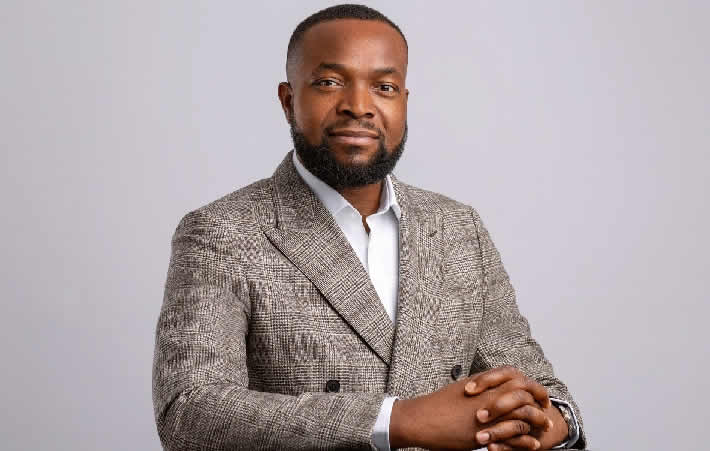The Federal Government and the International Telecommunication Union, based in Geneva, have started talks aimed at coordinating regional and global efforts to protect submarine cables and other important digital infrastructure.
The Minister of Communications and Digital Economy, Bosun Tijani, revealed this on X on Wednesday.
ITU is an organization of the United Nations that deals with information and communication technology.
Tijani expressed his satisfaction with the meeting he had with the Deputy Secretary-General of the International Telecommunication Union, Tomas Lamanauskas, in Geneva.
In their discussion, they stressed the need to review global laws regarding digital infrastructure and involve relevant government and private sector stakeholders in the process.
The minister said they explored investment models to expand broadband access globally, using Nigeria’s Broadband Alliance and Fibre Fund as potential examples for other markets worldwide.
Meanwhile, data from the Nigerian Communications Commission revealed that Nigeria has fallen short of its broadband access goal for 2023, as outlined in the Nigerian National Broadband Plan (2020–2025).
According to the latest figures, broadband access decreased to 43.71 percent as of December 2023, down from 47.36 percent recorded during the same period in 2022.
Minister Tijani wrote on X, “Following the recent cuts to submarine cables off the coast of West Africa, I spoke about my desire to initiate dialogue on building resilience in our digital infrastructure, so I was pleased to meet with the Deputy Secretary General of the International Telecommunication Union, Tomas Lamanauskas, in Geneva today to kickstart action on organising regional and global efforts for the protection of submarine cables and other digital infrastructure.
“The Deputy Secretary-General and I discussed the review of global laws with relevant government and private sector stakeholders to ensure the enhancement of global digital resilience plans.
“We also spoke about building investment models for expanding broadband access globally, with Nigeria’s Broadband Alliance and Fibre Fund as potential case studies for other global markets.
“As an immediate action point, we will be engaging African countries and partners at a stakeholder roundtable in Abuja, to chart a path towards building resilience in our digital infrastructure, which remains a critical foundation for national development.
Last Thursday, disruptions hit the undersea cable responsible for delivering broadband Internet connectivity to Nigeria and neighbouring nations in the West African sub-region, causing significant operational challenges for numerous banks, financial institutions, telecom companies, and related businesses.
The West African Cable System and African Coast to Europe, two key players along the critical West Coast route from Europe, were among the affected cable companies. Additionally, SAT3 and MainOne reported downtime as a result of the cable cuts.
To deal with the disturbance, during the weekend, telecommunications companies, banks, and other financial institutions took action by rerouting their traffic through different service providers to reduce the impact of the outage.
By Tuesday, some operators had successfully restored services, resulting in a noticeable decrease in internet disruptions after the five-day downtime.



